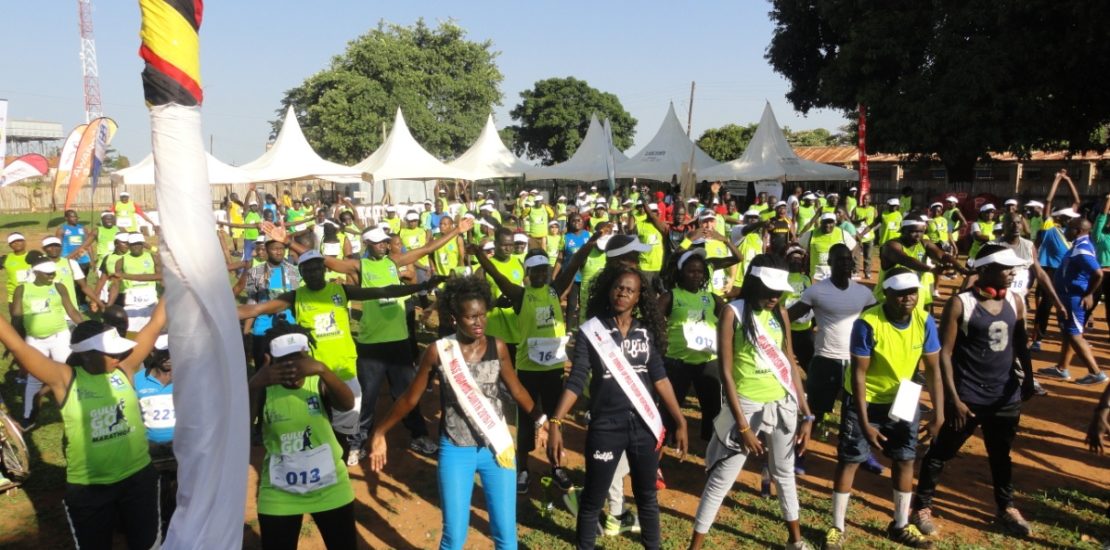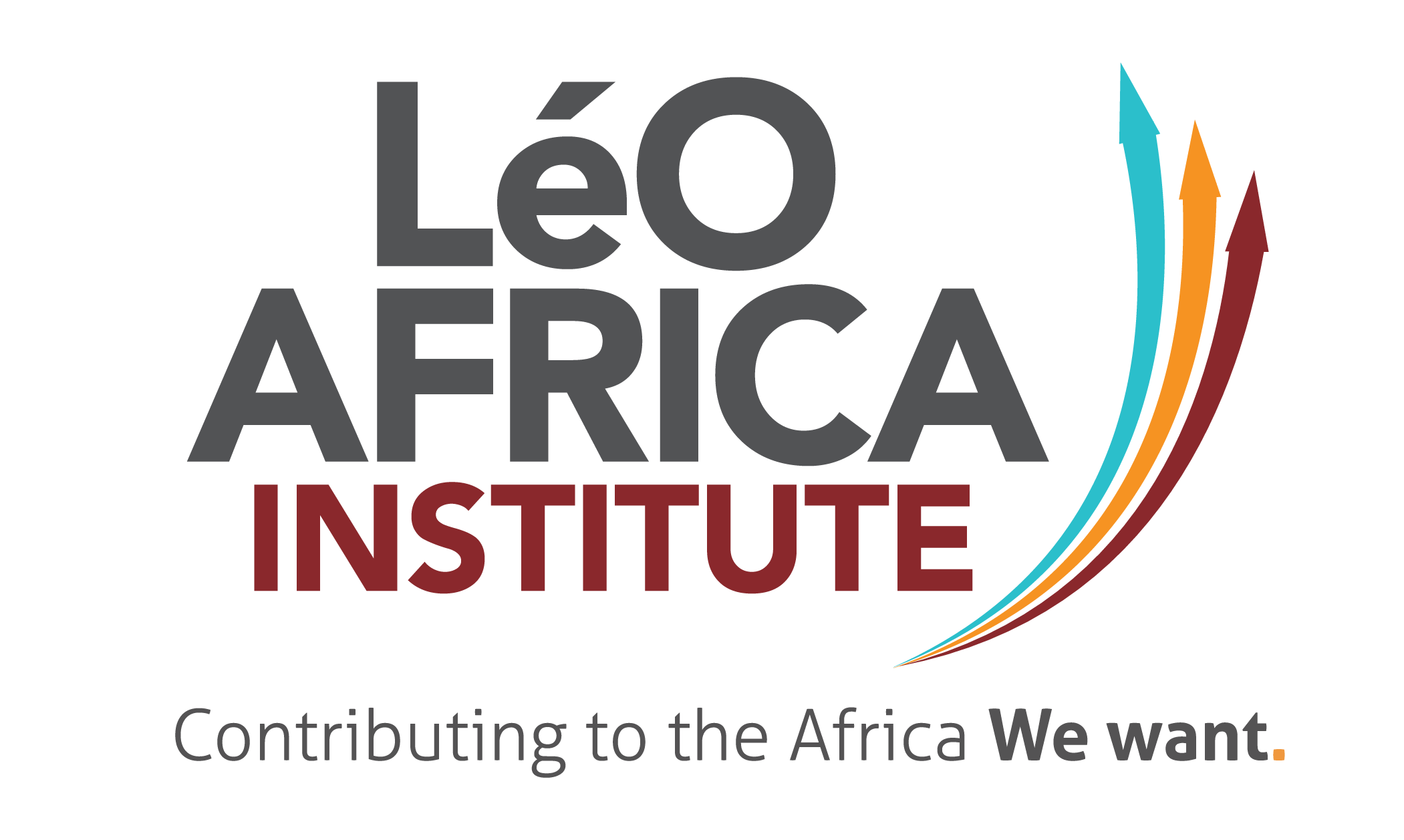- April 5, 2017
- Posted by: Ivan Rugambwa
- Category: Blog

Throughout history the role of young people has been that of disrupting agents for social change; rising to confront complacency and injustice and bequeathing better societies to future generations.
That was the thought that came to mind on April 4, as I joined a team of other young people from the LéO Africa Institute to participate in the annual Gulu Go Green Marathon – an initiative by CEED (Community Empowerment, Education and Development) Uganda. Among other things, the organization works with young people to create awareness about the need for environmental conservation as a buffer against the current and other eminent dangers posed by climate change on livelihoods and communities.
Now in its second year, the marathon attracted over 500 participants, generating over 20,000 tree seedlings to be planted in schools as part of the initiative’s afforestation agenda. It was refreshing to see hundreds of young people enthusiastically involved in the program, carrying a visible sense of pride about contributing to a worthy cause. And for good reason. Never have the stakes been higher, and the margin of error lower, for the millennial generation.
Although Africa has been the least responsible for global warming (it contributes a paltry 4% of the world’s total greenhouse gas emissions), it has borne the biggest brunt of climate change. In 2012, 70% of the world’s droughts occurred in Africa, affecting over 16 million people according to the Brookings institute. The same report notes that in the same year, floods claimed 363 lives in Nigeria, 65 in Niger, with heavy rains continuing into 2013, destabilizing livelihoods in Sudan, South Sudan, Mali, South Africa, Zimbabwe, Botswana and Mozambique.
These seismic weather shocks have been heightened by increased deforestation, partly a consequence of the population boom on the continent, and there are now real dangers that Africa’s forest cover could be depleted. The planet has lost 1.3 million square kilometers of forests since 1990 according to the World Bank, with Sub-Saharan Africa losing one of every ten square kilometers of its forest cover. In Uganda, it is feared that if the current deforestation rate is not checked, the country could lose all its forest cover by 2050.
Africa is uniquely imperiled by Climate change because majority of its economies are still so much dependent on climate-sensitive natural resources, like rain, which exposes the continent’s agricultural production to risk, including water supply for home and industrial use, and risks triggering community conflict over water and grazing resources in the long run. At the macro level, these episodes of extreme drought and flooding have proved to have even more significant impact. For instance, climate-related shocks have reduced Mozambique’s GDP growth by more than 1 percent per year, while in Zambia, rainfall variability will lower agricultural growth by 1 percent each year and cost the country $4.3 billion in GDP over 10 years according to a 2013 African Development Bank report.
Yet this stark danger has provoked barely sufficient response in terms of policy alignment from policy makers. As the world’s fastest urbanizing region, African urban planners have not been as decisive in creating more impact; building less polluted cities adaptable to clean energy, with sufficient green belts, to be able to minimize the climate costs that come with increased urbanization and industrialization.
As today’s leadership procrastinates on taking bold climate action, young people must demand that their leaders begin in earnest to implement the commitments made in the Paris Climate Agreement, aware that it is their future that is most endangered by continued inaction. They have the energy and numbers on their side.
The writer is a journalist and Communications Coordinator at the LéO Africa Institute
You can connect with Ivan on twitter @Ivanbfa
